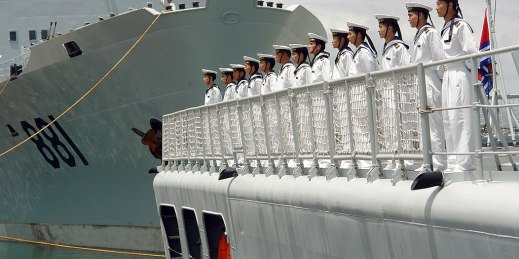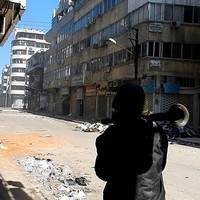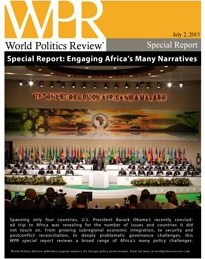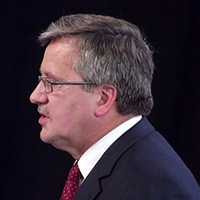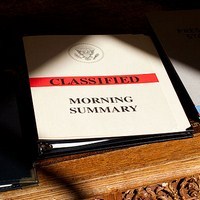
The recent revelations about U.S. intelligence programs are causing an uproar in Europe. In particular, the wide-ranging efforts to monitor European diplomatic offices and communications networks have led a number of officials to voice their discontent publicly. German Justice Minister Sabine Leutheusser-Schnarrenberger said that U.S. behavior “was reminiscent of the actions of enemies during the Cold War,” while French Foreign Minister Laurent Fabius was unequivocal: “These acts, if confirmed, would be completely unacceptable.” The question now is: What will be the actual policy implications of recent revelations about PRISM and associated intelligence collection efforts? And to what extent will these […]

